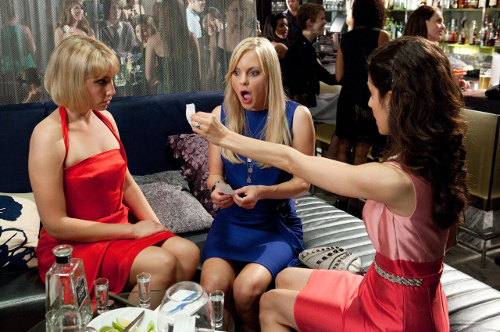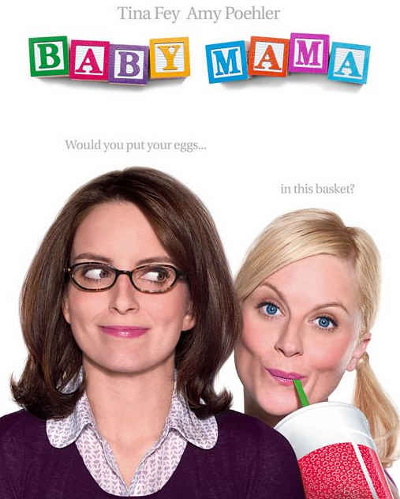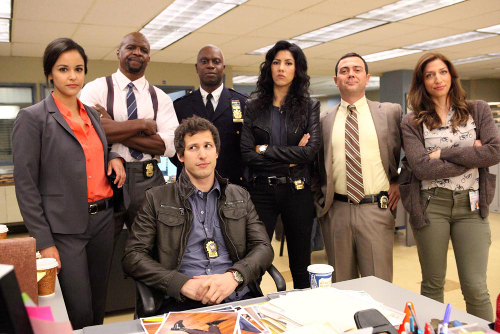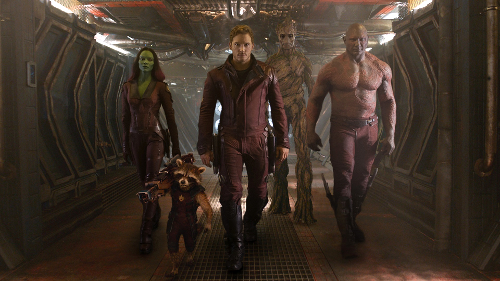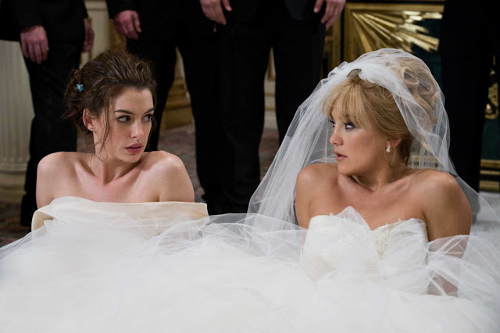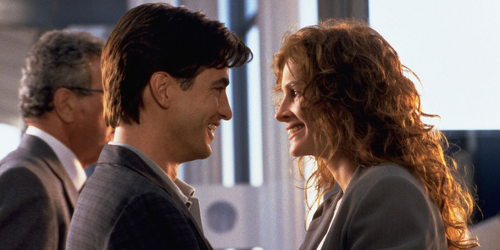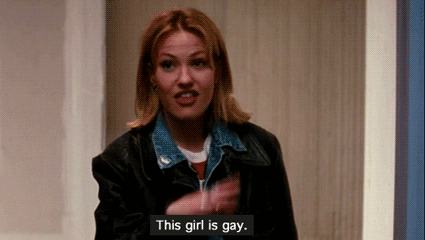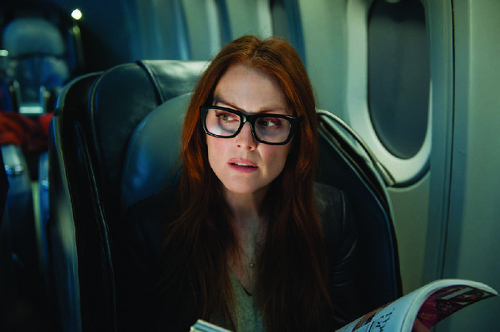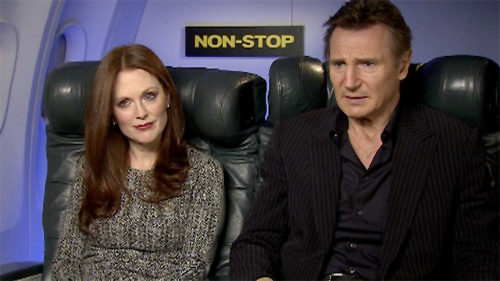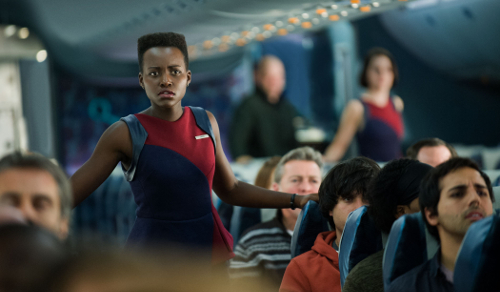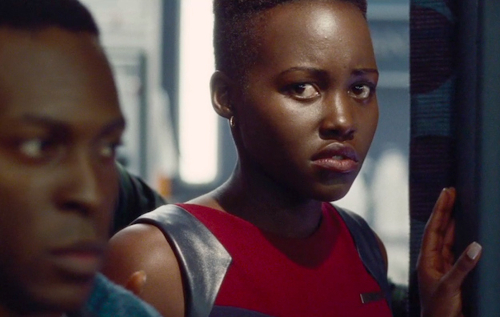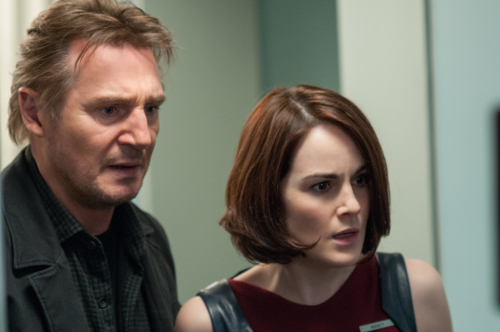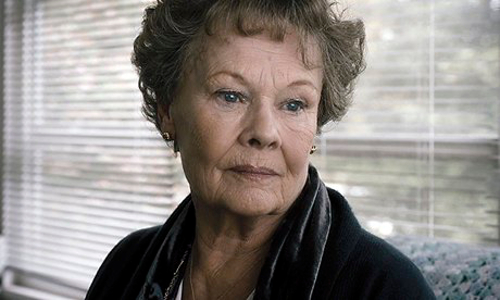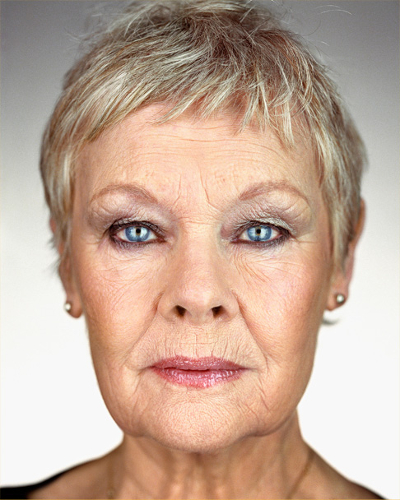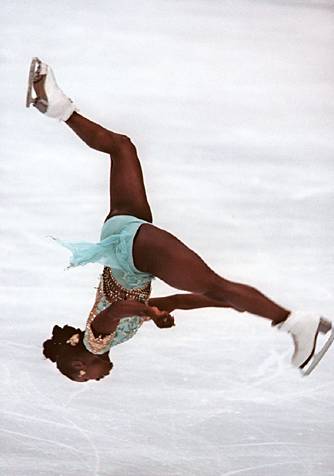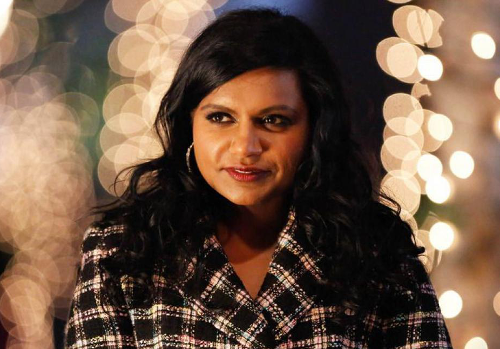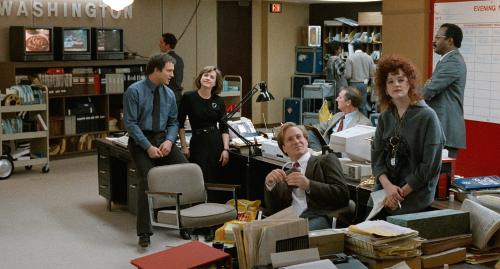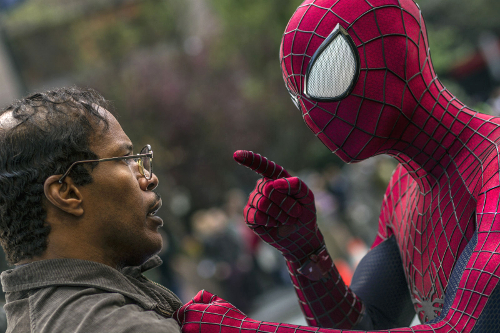
Man, I wish I knew that What’s Your Number? had a wedding in it back when I was writing weekly wedding movie reviews, because that would have been the perfect excuse to watch it. The fact that I need “cover” for watching this movie is not because it is a “chick flick.” I’m a feminist, so I don’t think things have less value when they are geared toward women. It’s not that its a lowbrow romcom. It’s 2014, and I try to pretend I don’t believe in guilty pleasures. It’s that this lowbrow romcom chick flick appears to presuppose that a woman could have too many sex partners.
And I could pretend I watched this so I could tear it apart on this website, but the truth is I wanted to watch a romantic comedy and this one has Anna Faris and Chris Evans in it. Even though I was 90 percent sure it was going to be sexist. That, my friends, is a guilty pleasure.

Here’s the sexist premise in full: Anna Faris plays Ally Darling, who gets dumped and fired in the same morning, and then discovers an even bigger problem with her life: she has nearly twice the average American woman’s number of lifetime sex partners, and is one partner away from the scientifically determined unmarriagable boundary of 20. She decides she can’t have sex again until she meets “The One.” Oy.
But for about 90 seconds during the opening credits of What’s Your Number? I got really excited that this might be a stealth-feminist film. The camera pans over pages from women’s magazines, with headlines perfectly illustrating the judgment, shame, contradictory advice and demented priorities that populate those pages: “Change Too Much For Your Man?” “Decorating Your Bedroom *With Him in Mind,” “Does He Only Want You For Your Bod?” and my personal favorite:

This movie gets it! Women’s magazines are sexist trash piles that primarily function to make women feel inferior. Ally is going to learn not to let a magazine define how many sexual partners she “should” have. Ally is going to learn to tell the slut shamers of the world to shove it and then she’ll go bone the hot guy across the hall.

Well, spoiler alert: only the second part happens, and only after lots of get-together plot and mutual declarations of L-O-V-E, which she never would have found with this Chris Evans-shaped charmer who makes her laugh and gets her weird art and is shaped like Chris Evans had she just jumped his bones the first time she saw him mostly naked (which he is, in like, more than half of his scenes, adding another dimension of guilty pleasure. to this movie, because sexually objectifying people is wrong, but…):

Chris Evans-shaped Colin only has one night stands, you see, because he becomes paralyzed with fear of hurting women if he knows any humanizing details about them, such as “she once was a child.” So he loves ’em and leaves ’em to find their own way out of his apartment while he hides out in Ally’s. But there’s no article in GQ criticizing Colin’s sexual behavior, and neither he nor Ally really question it, even though her number teetering at less than one tenth of his has sent her life spiraling. This is one of many missed opportunities for What’s Your Number? to critically engage with its central premise.

The bulk of the plot is a High Fidelity-style tour of exes, as Ally figures out the loophole where she can get back with someone she’s already banged without adding to her number. [Colin helps her track down these guys with “cop family” secrets he has like being on Facebook.] So we get lots of amusing cameos and windows into different ways Ally has changed herself to get a man’s approval, from dressing like a senator’s wife to pretending to be British. And yes, yes, “You’ll be happiest with someone you can be yourself with” is a fine message, but movie, YOU ALREADY HAVE A MESSAGE, that no one should let a magazine tell them how many people they should have sex with. Right? RIGHT?

Sigh, no. The “to hell with Marie Claire!” moment I was waiting for never came (I should have known that Marie Claire wouldn’t have agreed to product placement if that was coming). And worse, in the last scene of the movie, Ally gets a voice mail from one of the guys on the list clarifying their sexual history (they only did it “dry style”), and she can triumphantly declare that Colin “is my 20!” and their love is not doomed. Barf.
But, Hera help me, I still really liked this movie. Anna Faris is just so charming! Chris Evans wears nothing but a tea towel in multiple scenes! They have chemistry! Amusing cameos! Including Anthony Mackie miming handling four penises! No “my younger sister is getting married” panic! Said younger sister is Ari Graynor! Raunchy comedy geared toward the women in the audience and not just to appease their male dates! Sex positivity (yes, seriously, in the movie borne from slut shaming)!

Seriously, this would be a glowing review of an underappreciated gem if you could just cut out the bullshit last scene (although work the words “dry style” into some other part of the script, because that’s hilarious) and throw in some real talk about how ridiculous our obsession with “Numbers” is. We could have had it all, movie. Instead, What’s Your Number? only bumps up my number. My number of Antifeminist Guilty Pleasures. Which is way, way higher than 20.
Robin Hitchcock is an American writer living in Cape Town. Her number is somewhere between negative three and seventeen thousand.
